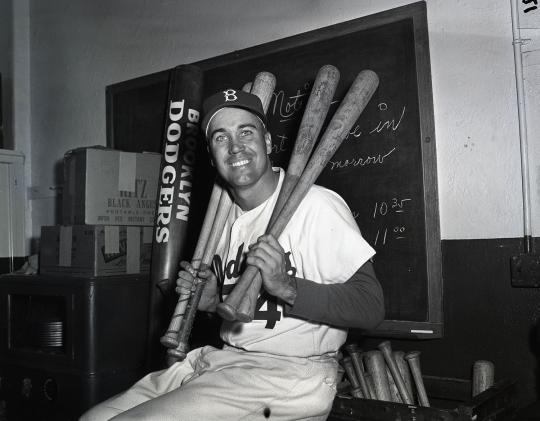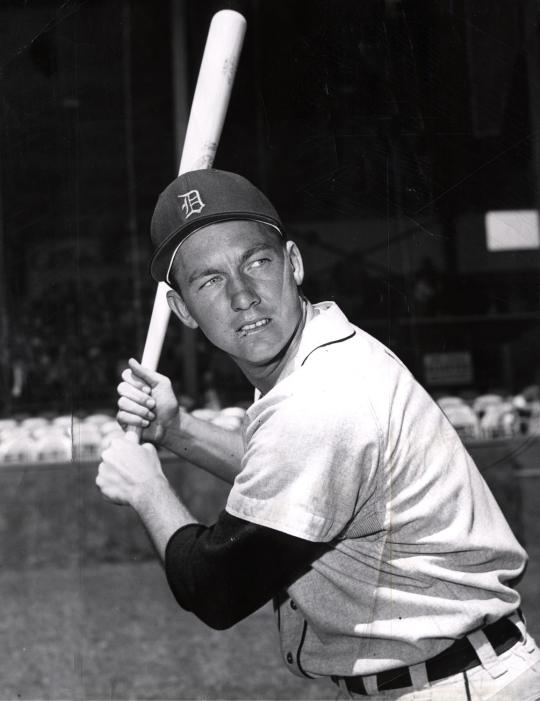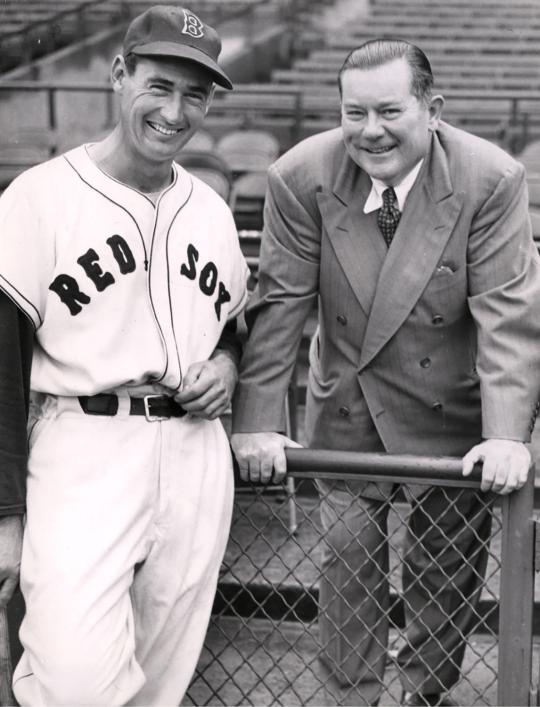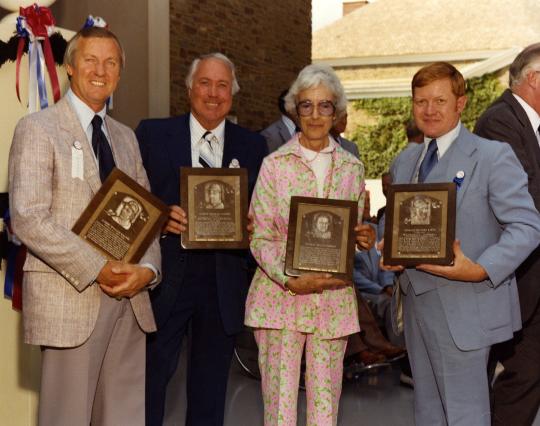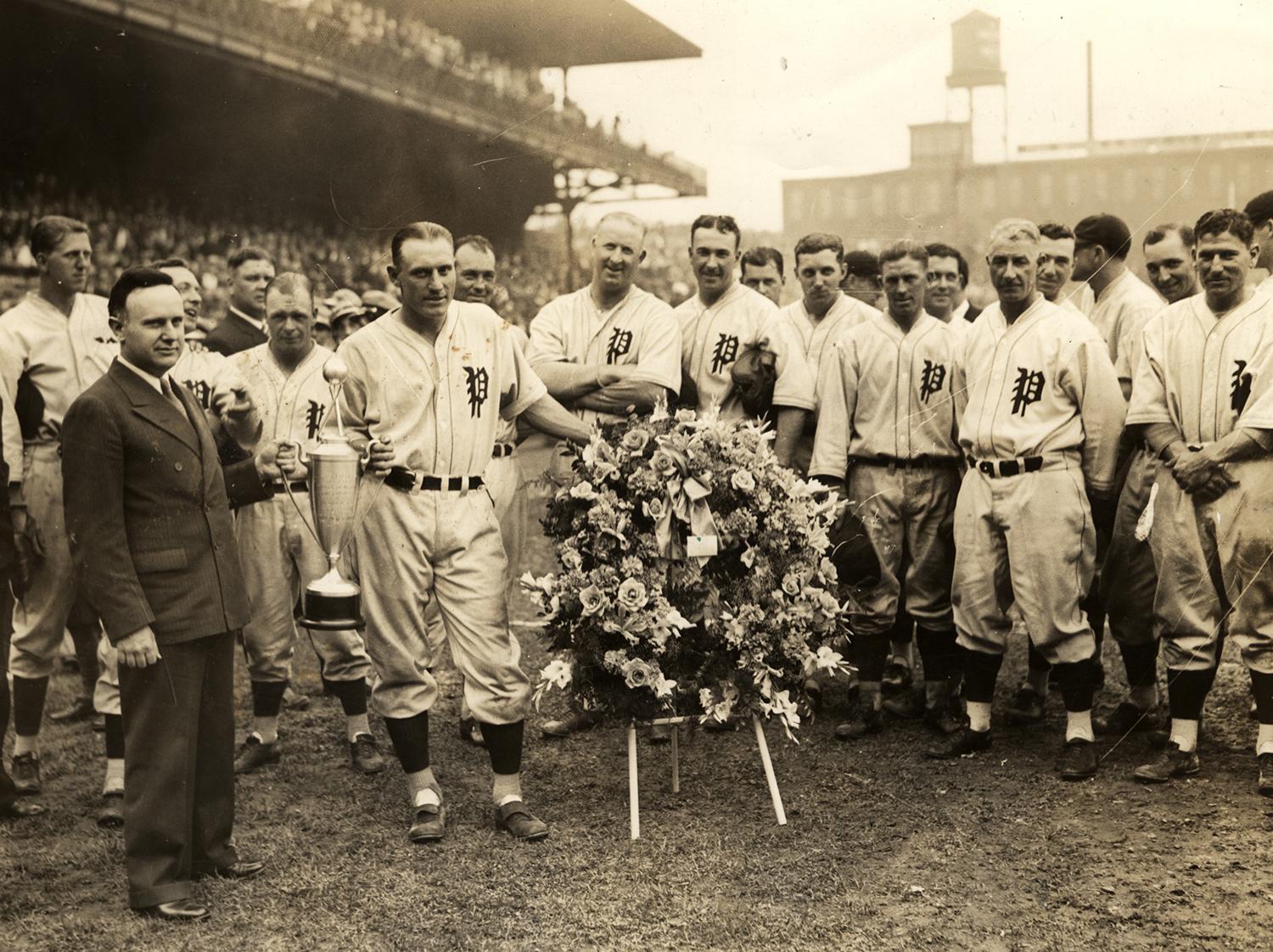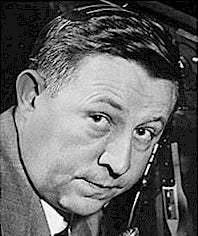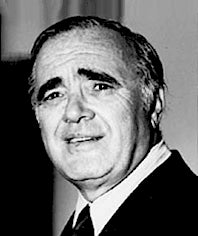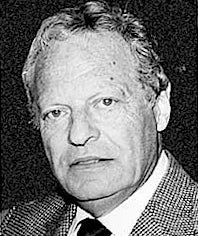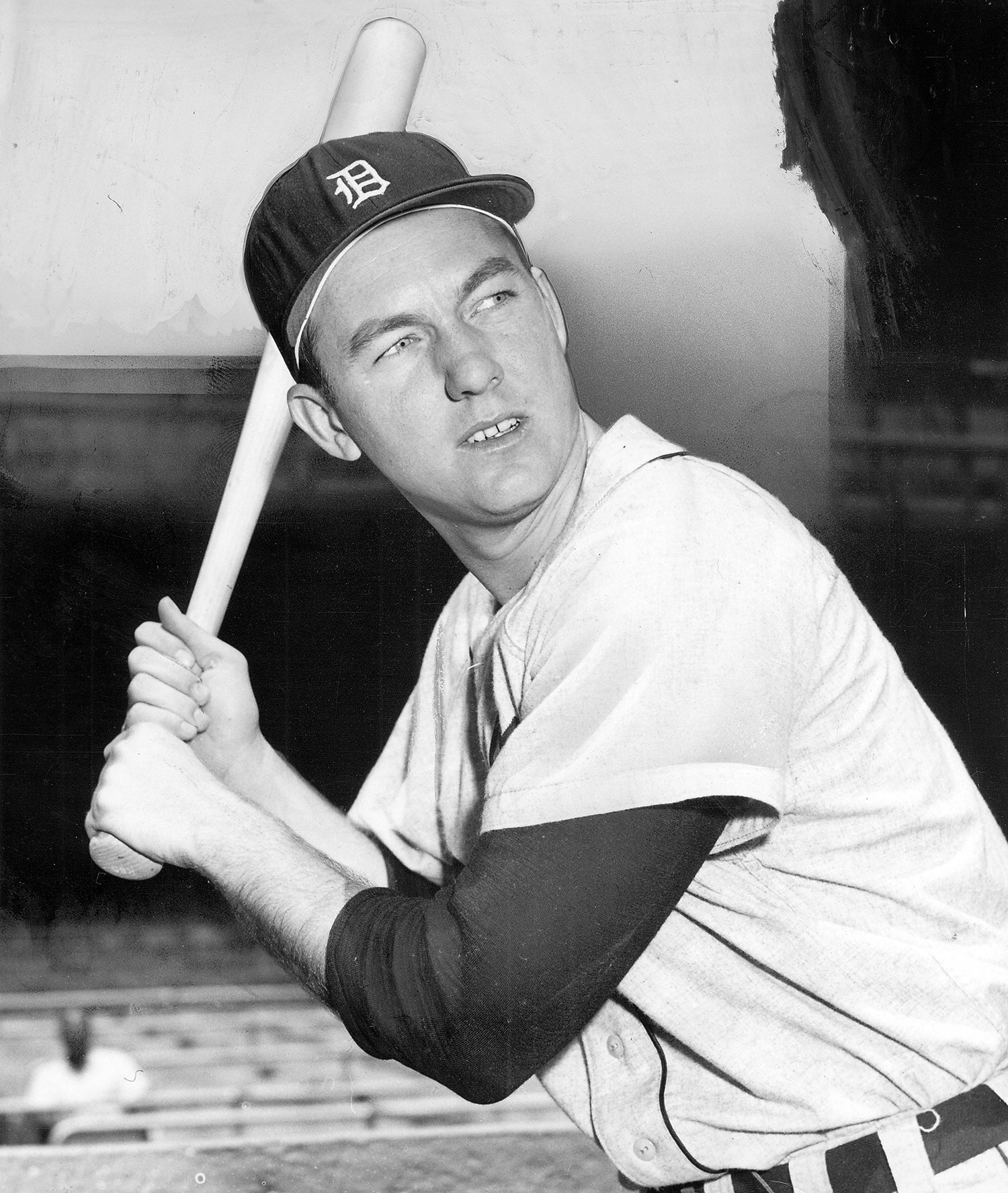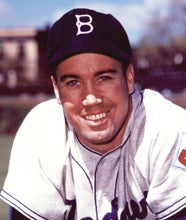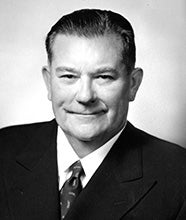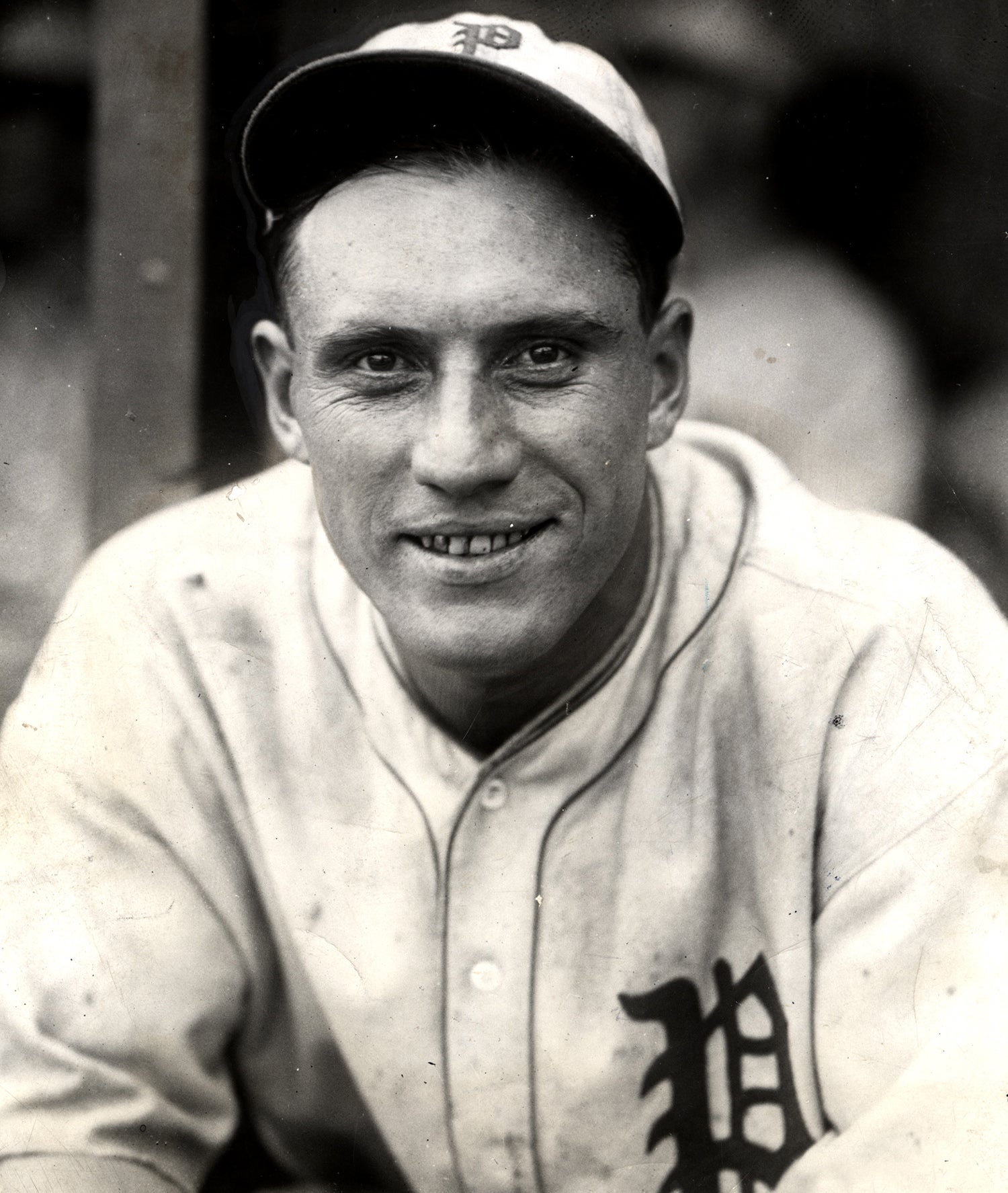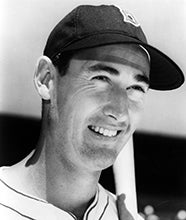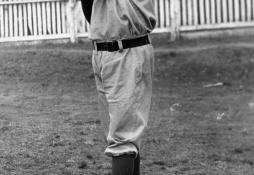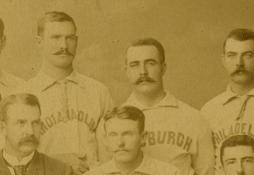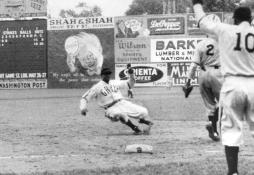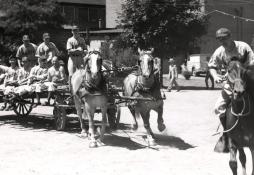- Home
- Our Stories
- Kaline, Snider, Klein, Yawkey are Inducted as Class of 1980
Kaline, Snider, Klein, Yawkey are Inducted as Class of 1980
Al Kaline spent 22 years in the big leagues – and it’s safe to assume that after leading the Detroit Tigers to a 1968 World Series win, he was familiar with high-pressure situations. But all those experiences paled in comparison to the 20, seemingly endless, minutes after 6 p.m. on Jan. 9, when he was waiting to hear if he had been voted into the Hall of Fame.
“I was supposed to get a call about 6 o’clock in the evening,” Kaline explained to the Philadelphia Inquirer . “And it was already 6:20. Those 20 minutes, you should pardon the expression, were like hell.”
Duke Snider, Tom Yawkey, Chuck Klein and Kaline comprised the Class of 1980, which was inducted on Aug. 3 of that year. Ted Williams followed Snider to the podium to accept the bronze plaque of the late Tom Yawkey, who was elected by the Veteran’s Committee.
Yawkey served as owner-president of the Boston Red Sox for over four decades, overseeing three pennant wins in 1946, 1967 and 1975. He brought in some of the best players in Red Sox history – names like Jimmie Foxx, Joe Cronin, and Lefty Grove, among others – and established a partnership with the Dana-Farber Cancer Institute, which still lives on today.
But almost seven months later – as looming clouds made room for golden sunshine that shone down on the back-porch of the Hall of Fame Library in Cooper Park – Kaline found himself accepting his bronze plaque, in front of a crowd of 5,000, sprawled across the lawn and trees.
The 10th Hall of Famer to be selected in his first year of eligibility, Kaline received 340 votes out of a possible 385. A complete ballplayer who could hit, throw and field, he had a record of 242 consecutive games without an error, 3,007 hits, 399 home runs, as well as a .297 lifetime batting average.
“Sometimes I feel I’ve been one of the luckiest people in the world. For 22 years I was able to make a living playing a game that was my life,” he told the crowd. “You can be sure that I will make every effort to live up to the obligations associated with this honor.”
He was shortly followed to the podium by Duke Snider, who, similarly to Kaline, expressed his previous anxiety prior to being presented with baseball’s highest honor.
Hall of Fame Membership
There is no simpler, and more essential, way to demonstrate your support than to sign on as a Museum Member.
“Each year, I would get more votes, but not enough to get in. My wife and I developed the philosophy that even if I don’t get in, I could take pride in the great years I had with the Dodgers, but deep down we were both hungry for it,” Snider remarked to the Utica (N.Y.) Observer Dispatch.
That insecurity only made his moment in the sun all the more sweet. Snider hit 407 homers, recorded 1,333 RBI and finished his career with a batting average of .295. He had defensive prowess as well, and was repeatedly compared to the greatest centerfielders of his time – Mickey Mantle and Willie Mays.
Finally came the posthumous induction of Chuck Klein, a former right fielder for the Philadelphia Phillies. The only player in the 20th century to notch more than 200 or more hits in his first five seasons, Red Smith once said that “the Philadelphia newspapers of the early ‘30s kept a headline standing in type to eliminate the expense of constant resetting. It read: ‘Klein hits two as Phils lose.” A Triple Crown winner in 1933, two-time All-Star and NL MVP in 1932, he also set the single-season record for outfield assists with 44, which still stands today.
The most important day of their professional careers, perhaps what made August 3, 1980 so special for Kaline and Snider was that genuine sense of doubt before hearing whether or not they’d received the necessary votes. Regardless, all anxiety disappeared once Kaline walked on stage that day.
“I was nervous coming up here,” Kaline admitted. “But then I thought nothing can be bad when you’re surrounded by baseball fans.”
Alex Coffey was the communications specialist at the National Baseball Hall of Fame and Museum
Related Stories
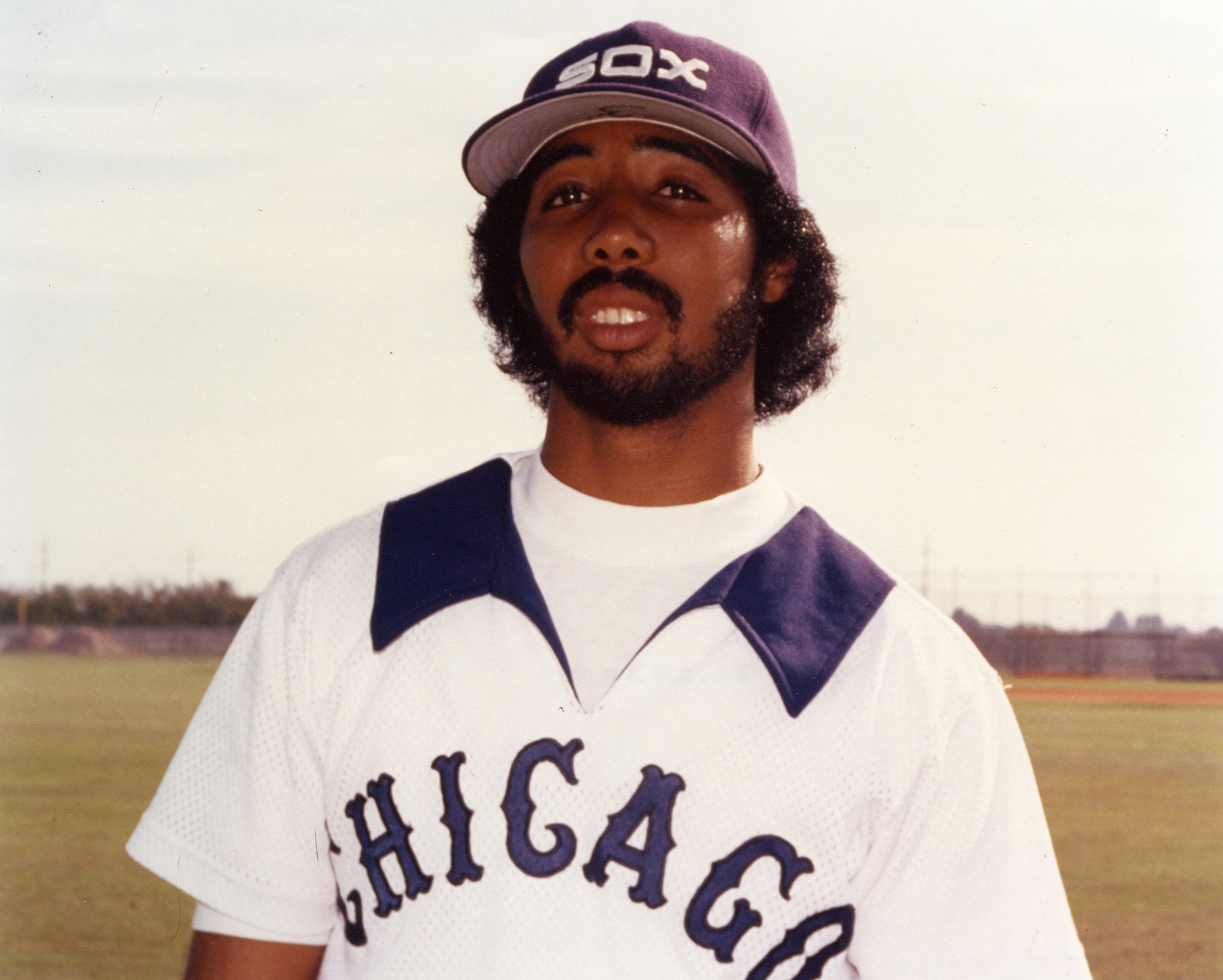
1980 Hall of Fame Game

1980 Hall of Fame Game
Related Stories
BA MSS 67, Folder 15, Corr_1946_4_26
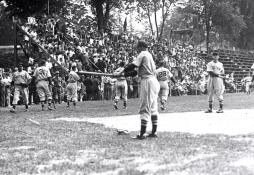
1940 Hall of Fame Game
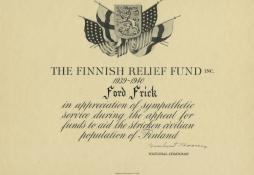
When Baseball Stepped to the Plate for Finns
Treasures from Cooperstown Coming to Capital Region for Tri-City ValleyCats Game on Wednesday
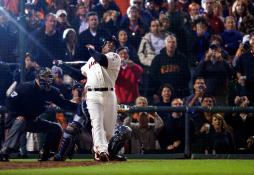
Photo Finish: Technology has transformed baseball photography in an instant
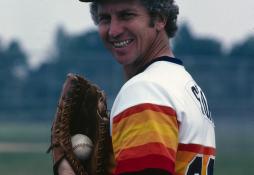
Sutton signs with Astros
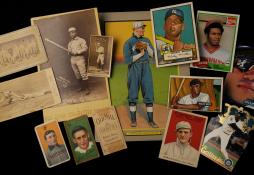
#CardCorner: 1963 Topps Wally Moon
#CardCorner: 1981 Topps Willie Aikens
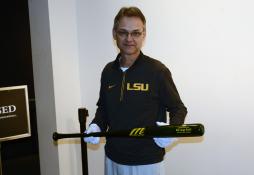
Taking his cut
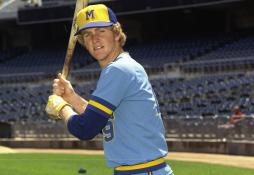
Robin Yount and Dave Winfield were picked No. 3 and No. 4 overall in the MLB Draft
01.01.2023
Main Street in Cooperstown becomes Boulevard of Baseball Dreams for Hall of Fame Weekend Saturday
01.01.2023

